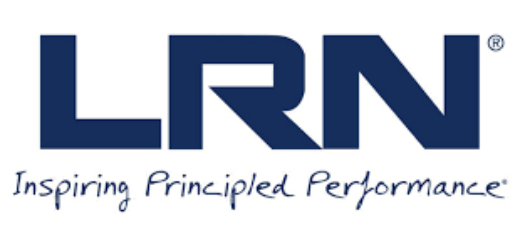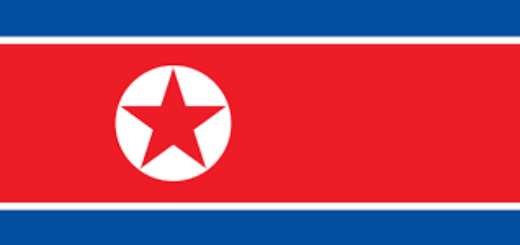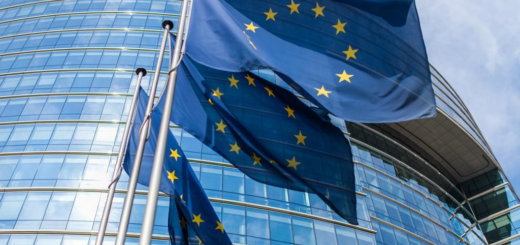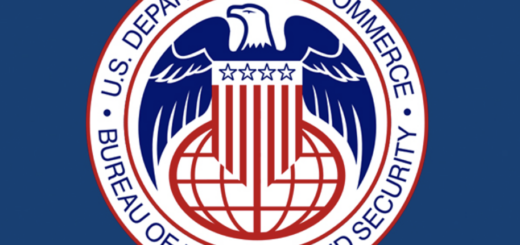Episode 327 — Another Look at Corporate Culture
LRN has issued another important report — in its latest report, The 2024 Benchmark of Ethical Culture Report, LRN has focused on the critical issue of corporate culture. LRN is a pacesetter and the leader in reliable studies on complex ethics and compliance issues. If not properly promoted or maintained, a defective culture can lead to serious misconduct, government investigation, reputational damage and collateral harm. ...
























